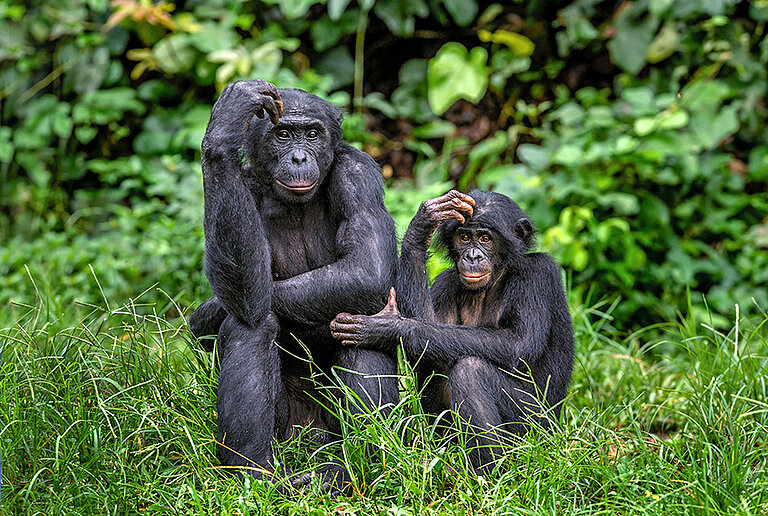Researchers from the Max Planck Institute for Evolutionary Anthropology in Leipzig, Germany, and Utrecht University in the Netherlands investigated inequity aversion in bonobos to better understand the evolutionary origins of fairness. They conducted two experiments using established inequity paradigms: one where bonobos exchanged tokens for rewards and another that tested whether their reactions were due to disappointment in the experimenter. The results showed that bonobos refused to participate more often when they received a lesser reward than their partner. Unlike chimpanzees, their responses could not be explained by disappointment alone, supporting the idea that bonobos genuinely recognize and react to unfair treatment.
